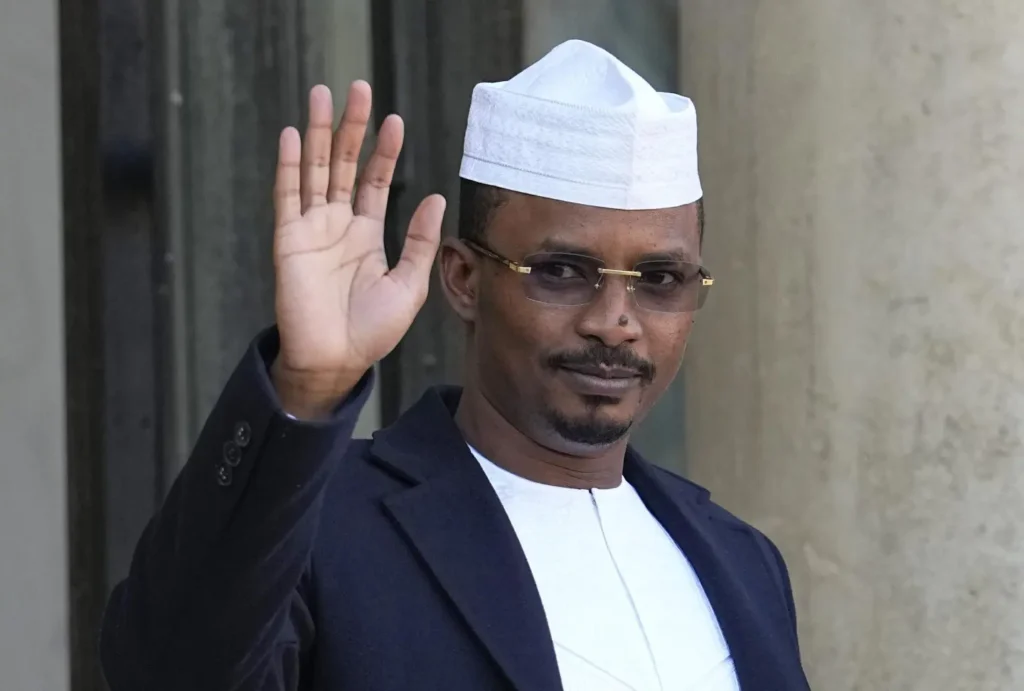In a pivotal moment for Chad’s political future, Mahamat Idriss Deby, who assumed power in April 2021 following the death of his father, Idriss Deby Itno, has been steering the nation through a controversial constitutional referendum. This event, held on December 17, has intensified debates about democracy and governance in the Central African country.
The referendum saw a high turnout, with 64 percent of the 8 million eligible voters casting their ballots, according to the National Commission Charged with the Organisation of the Constitutional Referendum (CONOREC). A striking 86 percent of voters approved the new constitution, which continues the unitary system of governance in place since Chad’s independence in 1960.
The lead-up to the referendum was marked by vigorous opposition from several political parties. A central issue was the demand for a shift to a federal system, which proponents argued would decentralize power and foster more equitable governance. The transitional government, in response, made concessions such as establishing local governments and legislatures. However, opposition groups criticized these measures as inadequate for real democratic change.
Critics have raised concerns about the composition of the referendum committee, suggesting that its makeup, predominantly allies of Deby, skewed the referendum towards a preconceived outcome. The process has been scrutinized for its lack of inclusivity and the limited options presented to voters.
Mahamat Deby’s tenure as leader has been under close observation since his rise to power. Initially promising a return to democracy within 18 months, this period was later extended, and a constitutional clause barring his participation in future elections was removed. These actions have sparked speculation about Deby’s long-term political ambitions and comparisons to his father’s leadership style, which involved extending tenure through constitutional changes and suppressing opposition.
Economically, Chad faces significant challenges. Reports indicate an increase in extreme poverty, with a substantial portion of the population living below the national poverty line. The country also contends with ongoing conflicts involving various armed groups, adding to the complexity of its political situation.
The outcome of the referendum is perceived by some as part of a broader strategy by Deby to solidify his leadership. This approach has broader implications, particularly in Chad’s relationship with France. Unlike other nations in the Sahel region, where anti-French sentiment is growing, Chad has maintained strong ties with France, which is seen as crucial for the current regime’s survival.
Deby’s leadership has also impacted regional geopolitics, especially with Sudan. Accusations of Chad’s involvement in Sudan’s conflicts have led to strained diplomatic relations, with potential long-term repercussions for the region’s stability.
As Chad continues to navigate its political and diplomatic challenges, the implications of the referendum and Deby’s subsequent actions will be significant. The country’s path towards democracy and the stability of the region remain subjects of intense interest and concern in the international community.

Photo Credit: AP Photo, Michel Euler





